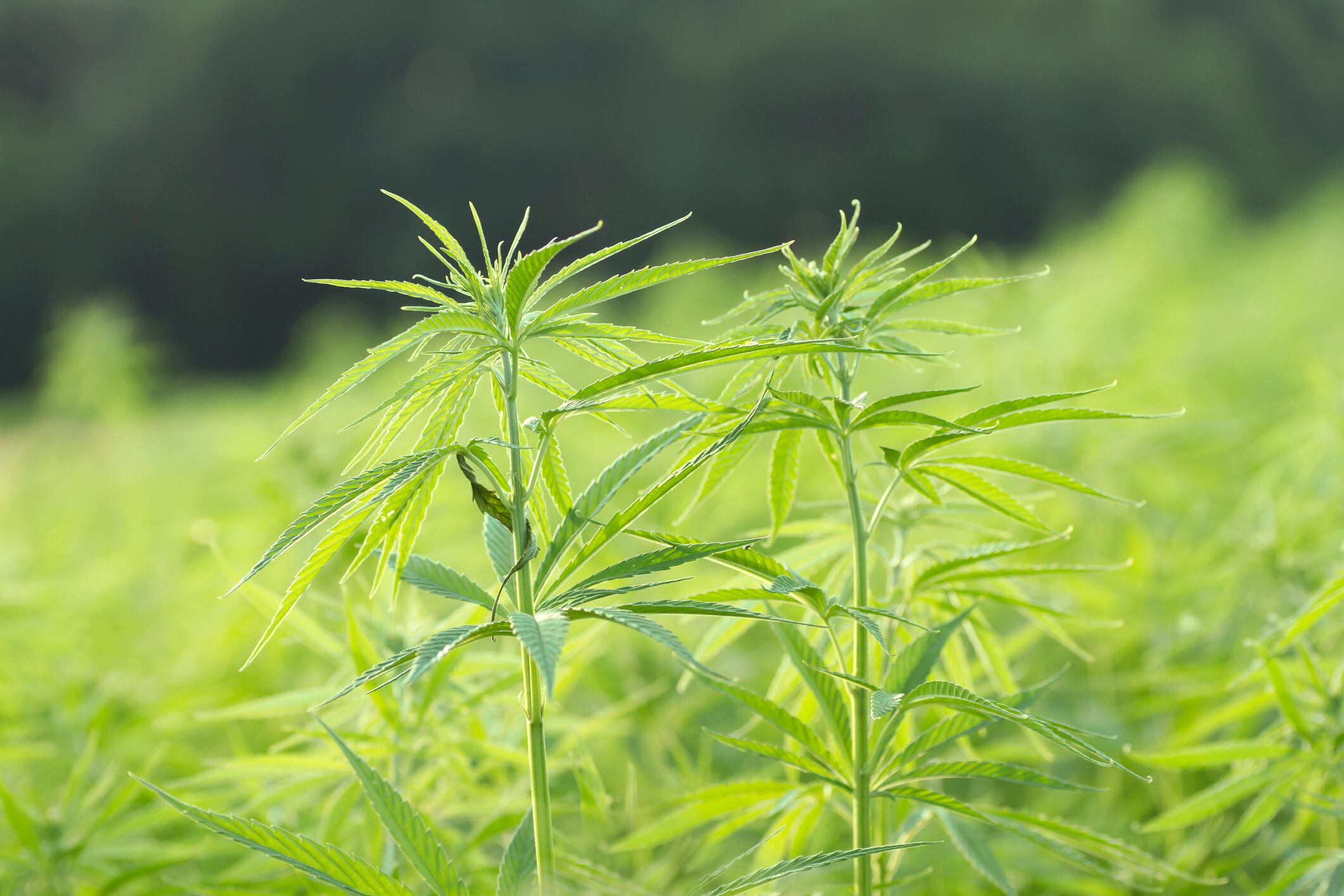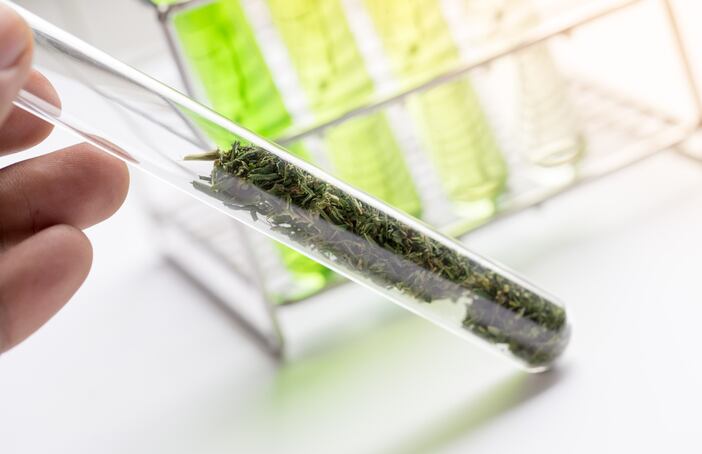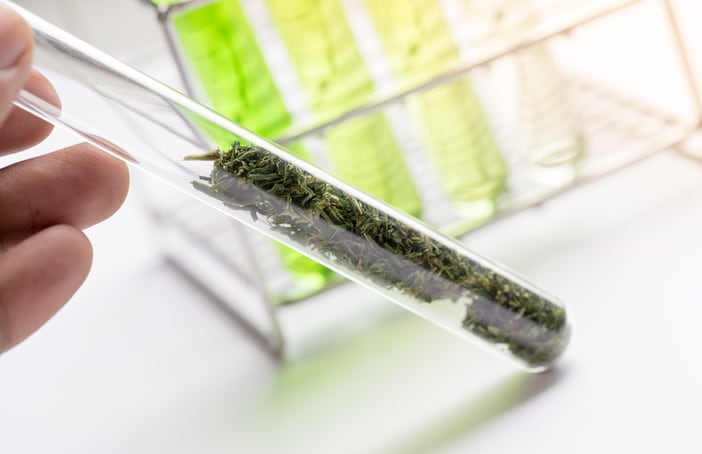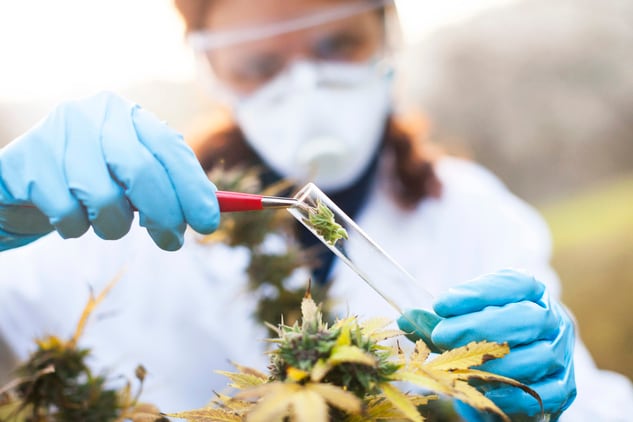With thousands of CBD products on the market and clear consumer demand, industry advocates say that the stalling has only led to the proliferation of unregulated and potentially harmful products.
‘Another delay tactic’
“I view Tuesday’s FDA Science Board hearing as another delay tactic,” Sibyl Swift, vice president of Scientific & Regulatory Affairs at CBD brand cbdMD, told NutraIngredients.
Swift has also served as Senior VP for Scientific & Regulatory Affairs at the Natural Products Association and as associate director for research and strategy at FDA.
During the daylong session, FDA experts highlighted the scientific and regulatory challenges of marketing CBD and other cannabinoids as dietary supplements due to their pharmacological effects. In the afternoon, the agency focused on its own ongoing CBD safety reviews and concerns. Commenters provided their views in an open public hearing prior to the session.
“I appreciate that we were provided the opportunity to speak, but after watching the entire day of presentations from FDA, particularly those in the afternoon session, I am left with the impression that FDA does not actually understand the dietary supplement industry,” Swift added.
Jonathan Miller, general counsel to the U.S. Hemp Roundtable, also expressed disappointment, noting that that FDA staff once again blamed lack of progress on safety concerns emanating from studies of the high dose CBD prescription drug Epidiolex.
“However, they continue to ignore recent studies that demonstrate that CBD does not pose significant safety concerns at the levels typically found in many dietary supplements and foods, and that also address the specific safety concerns raised by FDA,” he added.
‘Plenty of safety data’
During the open hearing portion, industry players like NSF International, an independent product testing, inspection, certification organization headquartered in Ann Arbor, Mich., agreed that there is “plenty of safety data on CBD”, both in publicly available literature and from companies around the world.
Swift referenced the extensive safety data submitted to the United Kingdom Food Standards Agency and European Food Safety Authority, which recently validated the cbdMD’s novel food application for its broad-spectrum CBD formulation.
“The safety study cbdMD executed on our broad-spectrum extract covered multiple systems and was more than sufficient for the rigorous review in the UK and EU,” she said. “Yet the FDA refuses to review this same data.”
CbdMD has filed a citizen petition with the support of the Natural Products Association requesting that its safety study have the opportunity for review in the US. It also provides a basis for the argument that CBD should not be precluded by the drug exclusion rule but be considered a new dietary ingredient.
The drug exclusion rule
In 2018, the FDA approved CBD for use in the Epidiolex pharmaceutical for treatment of seizures associated with rare and severe forms of epilepsy. The drug exclusion rule of the Food, Drug and Cosmetics Act, however, provides that once a substance is the active ingredient of an approved new drug, products containing that substance cannot be legally classified as dietary supplements or shipped in interstate commerce.
Swift notes that cannabinoids are not the first ingredient to have pharmacological activity, referencing caffeine, EGCG, EPA/DHA, carnitine, N-acetyl cysteine and quercetin. She also stresses that there are both a structure/function notification process and a well-established system in place to evaluate the safety of dietary supplement and food ingredients, i.e., the New Dietary Ingredient Notification and Generally Recognized as Safe notification processes.
“It is not acceptable for the Agency to continue to suggest that they are not sure how to move forward,” she stated “There is a path forward and it has existed for decades. The only real challenge the FDA has is knowing how to use the tools they already have in place.”
The path forward
The lack of regulatory and legislative progress at the federal level towards opening a food or supplement pathway for CBD has meant that states have had to fill the void.
“We now have a confusing and overwhelming patchwork of state laws due to federal inaction,” said Rend Al-Mondhiry, partner at Amin Talati Wasserman, LLP and advisor on regulatory and compliance issues affecting hemp and CBD products. “A federal solution won’t fix that right away, but it’s definitely needed sooner rather than later.”
Based on the recent Science Board meeting, however, she says that “it doesn’t seem that FDA will be providing a pathway in the near future, or that a change from the status quo is on the horizon” and therefore any near-term change would have to come from Congress.
At a May 2022 congressional hearing, FDA Commissioner Robert Califf testified to the lack of agency action on CBD and suggested that a creative approach might be needed, asking Congress for broader regulatory powers.
“I am very committed to taking a path on this,” Dr. Califf said at the time. “And just to put a marker down, I don’t think the current authorities we have on the food side or the drug side necessarily give us what we need to have to get the right pathways forward. We’re going to have to come up with something new.”
There are several bills sitting in congress, but Al-Mondhiry says that it is unlikely that they will move prior to a Congressional hearing.
“We have heard a hearing could happen this year, but the timing is uncertain,” she added. “Fortunately, groups like the U.S. Hemp Roundtable continue to keep the pressure on Congress for a hearing.”
Miller says that the Hemp Roundtable is hopeful that legislation supported by the hemp industry, H.R. 841, H.R. 6134 and S. 1698, which together would establish a regulatory path for CBD as a dietary supplement and food and beverage additive, “will provide the kind of powers that Califf is seeking and will enable the FDA to finally regulate CBD and other hemp derivatives.”




